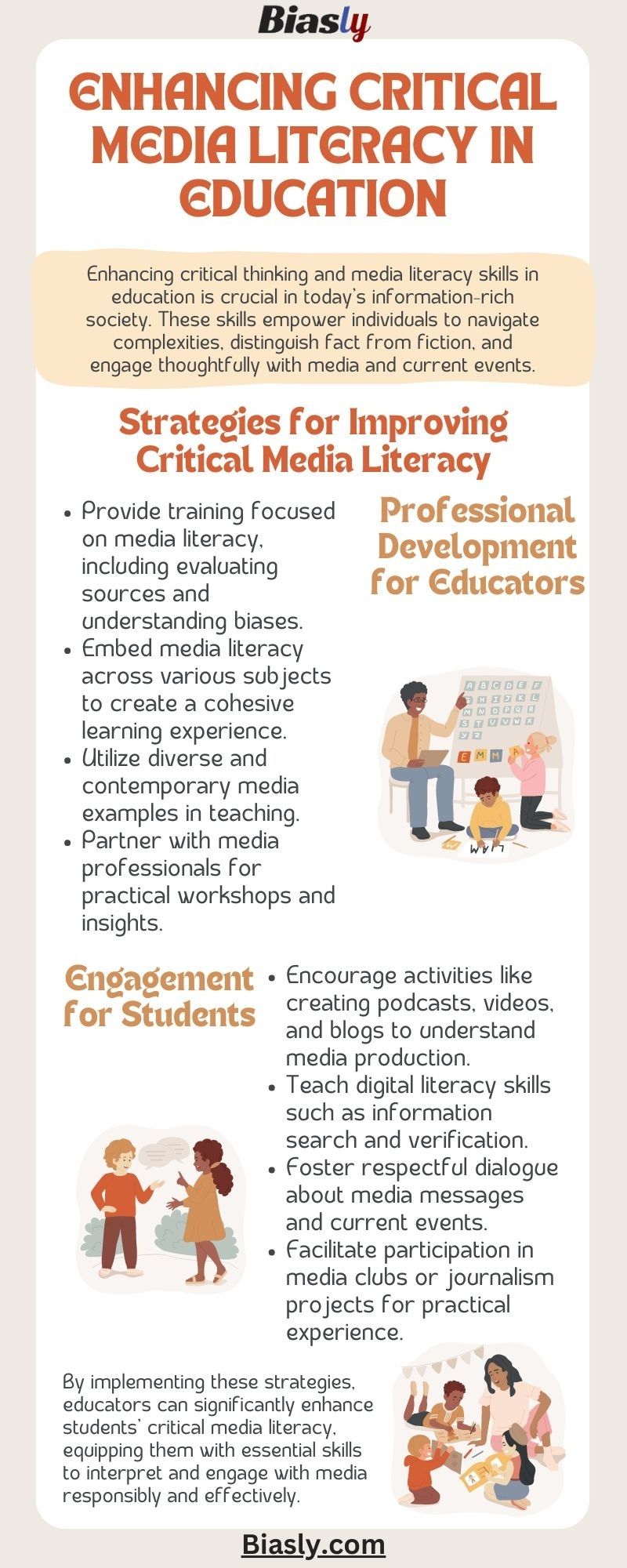
It is easy to think that the purpose of an education is to memorize facts that will help us navigate life. However, the education system is and should be understood as something greater than a memory bank. Albert Einstein famously said, “Education is not the learning of facts, but the training of the mind to think,” emphasizing critical thinking, problem-solving, and creativity skills over memorizing facts.
Critical thinking has always been a highly valued skill, but it’s arguably become more vital than ever. We live in a time where misinformation easily spreads globally in seconds, increasing political polarization, science skepticism, and a dependency on digital technology and social media. It has influenced how we understand information and our decision-making. Knowing what is true and false and right and wrong requires strong critical thinking skills. It is the hallmark of good citizenship and people who have excellent critical thinking skills and are better equipped to make sound decisions in their lives.
Any democratic society needs a strong education system that promotes critical thinking. However, multiple reports in recent years indicate that the American education system is falling short in that regard. Overall, most states are not promoting critical thinking skills enough and what’s most concerning is these teaching declines as students get older. This impacts how a student’s ability to understand news, particularly deciphering fact and fiction.
Most Believe Critical Thinking Skills are Lacking in Schools Despite Universal Agreement on their Importance.
There is universal agreement that critical thinking is a crucial skill and should be taught in the classroom. For example, a 2021 survey from the Reboot Foundation found that 95% of over a thousand respondents believed that critical thinking skills are vital in today’s world. Everyone from parents, educators, and employers agreed that our education system should promote critical thinking skills, especially at the K-12 level.
However, similar studies have also shown that most people don’t believe the current education does enough to promote critical thinking skills. A previous report from the Reboot Foundation found that most people (86 percent) think critical thinking skills are lacking in public life. Two-thirds of respondents said they did not study critical thinking in schools. A narrow majority (55 percent) thought their critical thinking skills improved after graduating from high school with a quarter saying they have deteriorated since then.
Another survey from the National Assessment of Educational Progress (NAEP) sheds light on why critical thinking skills in American life aren’t where they should be. There’s a significant gap between an educator’s desire to teach students how to think critically and the amount of time they spend doing so. The teaching of critical thinking skills is inconsistent from state to state and typically declines as students age. One key finding showed that 86% of 4th grade teachers put “quite a bit” or “a lot of emphasis” on deductive reasoning, a critical component of critical thinking. However, only 39% of 8th grade teachers said the same. Another finding showed that only seven states had at least half of their 8th grade teachers say they place “quite a bit or a lot of emphasis” on deductive reasoning.
The decline in teaching critical thinking skills from 4th to 8th grade is concerning because the teenage years are an opportune time to teach these skills. People can learn critical thinking at any age, but a person typically develops strong cognitive abilities during their teenage years. It is when they develop complex reasoning and research skills. When students build strong critical thinking skills at this age, they can last a lifetime and set them up for success. The amount of resources schools put into critical thinking in the early grades should remain as high, if not higher, in the later ones.
Critical Thinking and Media Literacy Education
The American education system isn’t doing enough to promote critical thinking skills, which influences how students process news in and outside the classroom. People who don’t possess strong critical thinking skills are more likely to be susceptible to misinformation. Critical media literacy is lacking in schools and there are multiple reasons why that is. Schools are typically hesitant to include current events and controversial issues in their curriculums. They do not prioritize these topics and teachers may be concerned that students won’t be able to handle them. However, the end result is that young people walk away without the skills to productively engage with the issues and events in our political system.
Other studies have shown that resources designed to encourage independent thinking in media are reactive instead of proactive. For example, fact-checking and verification sources only serve their purpose after someone has published news. Not everyone may have access to or are aware of these resources when they read or watch the news. A more proactive approach is making critical media literacy a mandatory subject in schools to better equip young people with critical thinking skills before they potentially read misinformation. One way to think about these approaches is the difference between boosting the immune system and treating the infection.
Improving Critical Media Literacy
For Educators
To improve critical media literacy among students, educators must first be equipped with the necessary tools and knowledge. Professional development programs focused on media literacy should be integral, offering training on evaluating sources, understanding media biases, and the ethical use of information. Embedding media literacy across the curriculum in subjects like English, Social Studies, and Science will create a more cohesive learning experience. Educators should also utilize diverse and contemporary media examples, encouraging critical analysis and discussions. Partnerships with media professionals can provide practical insights and workshops, enriching the learning environment.
- Professional development on media literacy
- Embed media literacy in existing subjects
- Use diverse and contemporary media examples
- Partner with media professionals for workshops
For Students
Students can enhance their critical media literacy through engaging and practical experiences. Activities like creating podcasts, videos, and blogs can help them understand the media production process, making them more discerning consumers. Lessons should focus on teaching how to search for and verify information, promoting digital literacy skills. Encouraging respectful dialogue about media messages and current events will foster critical thinking and ethical media use. By participating in media clubs or journalism projects, students can gain hands-on experience and a deeper understanding of media dynamics.
- Engage in media production activities (podcasts, videos, blogs)
- Focus on digital literacy skills and verifying information
- Encourage respectful dialogue and critical thinking
- Participate in media clubs or journalism projects
By implementing these strategies, the education system can significantly enhance students’ critical media literacy, preparing them to navigate and interpret the complex media landscape effectively.
























